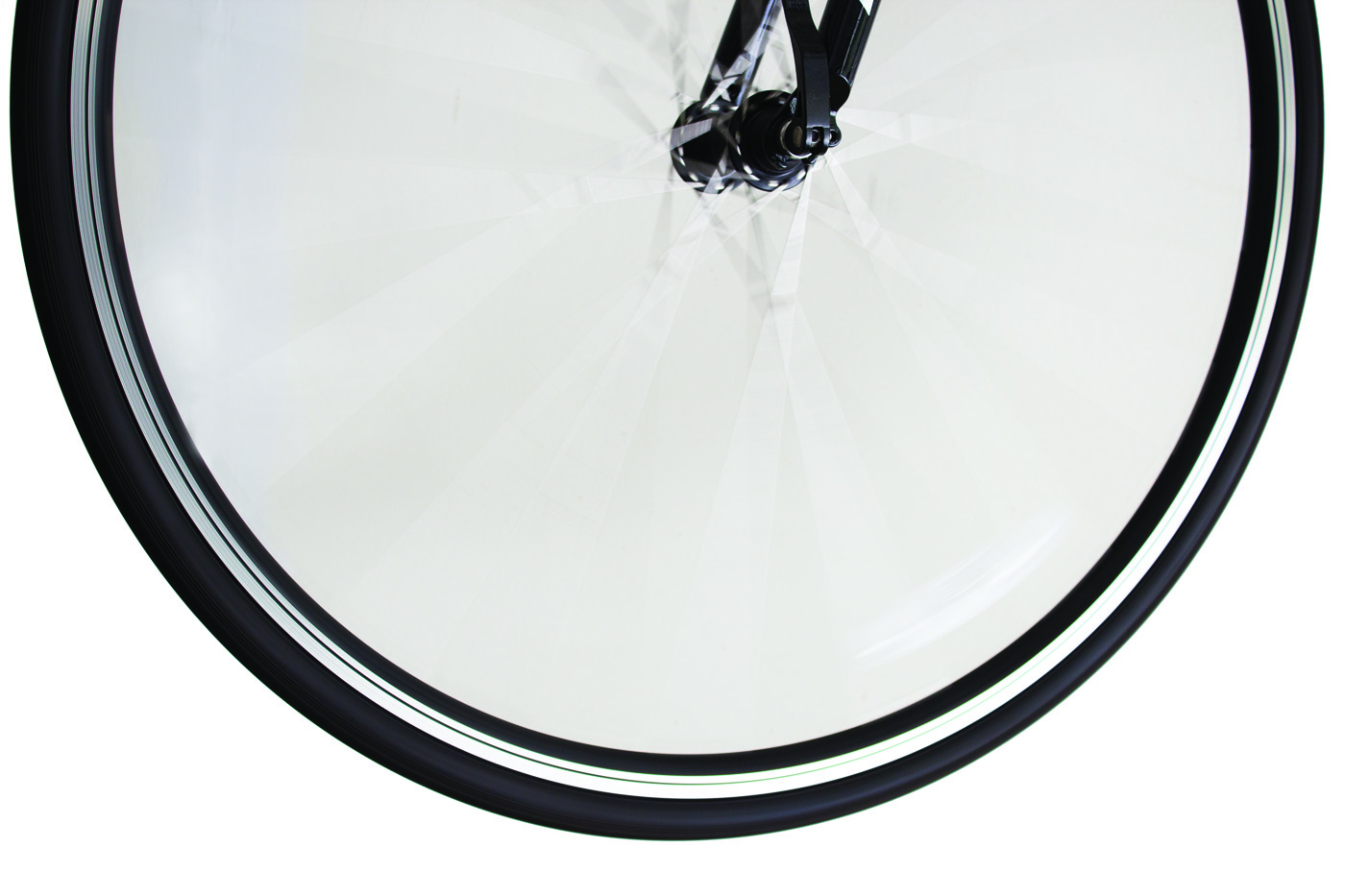bike happy
Mary Jane Nirdlinger
When the rubber meets the road, people are happiest pedaling.

Image courtesy of Neil Caudle.
When you leave home in the morning, are you making the trip with a smile? Eric Morris says you’re more likely to be smiling if you ride your bike. Morris’s research comparing the average mood of travelers led him to a simple conclusion: “Bicycling is the happiest mode.”
The study used data from the American Time Use Survey to analyze the mood of cyclists, car passengers, car drivers, walkers, and riders of trains, subways, and buses. “People are in the best mood while they’re bicycling compared to any other way of getting around,” Morris says. Automobile passengers and drivers are second happiest, followed by walkers, then train or subway riders, with bus passengers coming in least happy.
The study doesn’t draw firm conclusions about why bicyclists are happiest. Morris says it could be because cyclists are self-selected enthusiasts, or because physical exercise improves our mood. Cyclists may tend to be younger and more physically healthy, both of which tend to be associated with greater happiness, but the study shows cyclists are happier even controlling for these characteristics. Transit riders, he points out, may be more likely to be en route to work, one possible explanation for their lower happiness levels.
So what should we make of the results? Morris suggests that an emphasis on promoting bicycle trips in general is a good idea. He notes that countries such as Denmark and the Netherlands, both well known for their serious bicycle infrastructure, have about 18 and 26 percent of their trips respectively taken by bike, compared to 0.5 percent in the U.S. That level of biking in our country might translate into a significant increase in happiness, which is where Morris comes back to how transportation is typically considered in the United States.
Conventional transportation studies, Morris says, tend to focus on whether an aspect of transportation saves travel time or fuel costs. “Those things are just a means to an end,” he says, “which is: Can we make people happy?”
Eric Morris is an assistant professor of city and regional planning in the College of Architecture, Arts, and Humanities. Mary Jane Nirdlinger is a city planner and the executive director of planning and sustainability for the Town of Chapel Hill, North Carolina.


